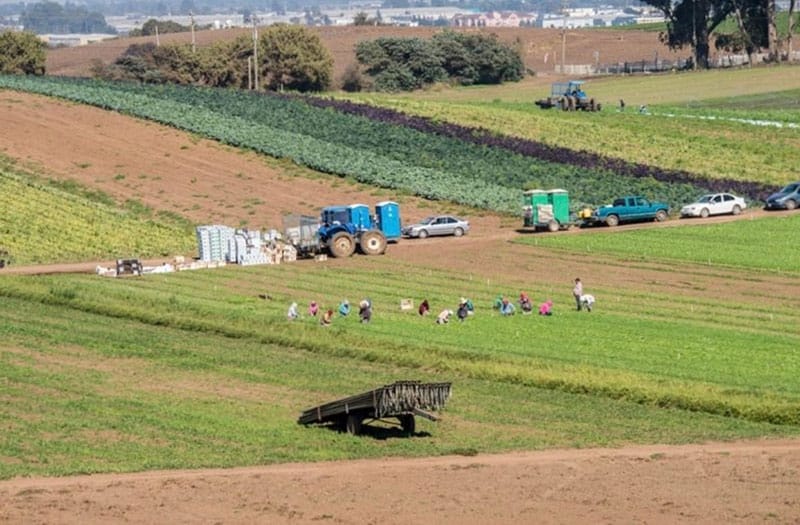In 2018, to provide seed funding to help DRI’s scientists stimulate new and innovative research, the DRI Foundation established the Innovation Research Program (IRP). This vital program was led by the generosity of longtime DRI supporters, Tom and Mary Gallagher through the Tom and Mary Kay Gallagher Foundation.
Although still in its early years, the impact of the IRP has already been immense. As DRI Vice President for Research, Vic Etyemezian, Ph.D., shared, “In my 20 plus years at DRI, faculty have always maintained that if we had a greater ability to invest in early-stage, pilot-scale research, it would give us a means to take risks with promising, but immature ideas and turn them into longer-term programs. The successes to date of the two rounds of IRP resoundingly support this. It’s hard to overstate the impact that this program has had on our faculty’s ability to plant and grow innovative ideas.”
Since its launch, IRP has provided nearly $650,000 in philanthropic funding to support early-stage innovative research at DRI. Scientific research usually takes several years between when an investment is made into a new technique or line of inquiry and when that investment pays dividends – typically in the form of an external (to DRI) grant or contract. As a result, the full impact of IRP funding has not yet registered. Nevertheless, several IRP projects have already yielded significant success, and below are two examples.
The seed funding provided to Yeongkwon Son, Ph.D., and colleagues for “Development of a High-Throughput Electronic Cigarette Testing System,” was instrumental for demonstrating expertise and ultimately winning a prestigious National Institute of Health award for $1.7M. Additional proposals leveraging this topic are pending.
Another success is the microplastics research conducted by Monica Arienzo, Ph.D. She was able to build an entire research thrust on her IRP project entitled “Microplastics in the Lake Tahoe Basin.” The preliminary IRP work supported her application for an Infrared Microscope ($197K), which she won, and subsequently her NSF CAREER award ($551K over five years), which is a prestigious recognition of her research vision and multiple years of funding to further her work. She is currently pursuing expansion of her work internationally.
Last month, DRI announced its latest IRP grants for the following research areas:
Frontiers in Aqueous Black Carbon Research: Coupling presence and impact with Tribal partners
Reaching Nevada’s Rural and Tribal Schools and Communities: Providing Robotics and Engineering Education Tomorrow’s Future Workforce is in Today’s Classroom
Climate Change Risk Assessment framework: DRI Contributions and Value-added to the Power Sector.
Biogeochemical Machines Behind the Scene – Lake Tahoe Picoplankton 2002 vs. 2022: What can We Learn from Tahoe’s Microbiosphere?
Proof of Concept of a Biocidal Humidifier that Uses Ozone in Ambient Air to Deactivate its Viral Content
An Innovative Functionalization of Filter Media for Improved Crystalline Silica Quantification Using Portable Raman Spectroscopy.
DRI appreciates the continued support of the IRP, and we look forward to the scientific discoveries that will come from this seed funding. To support DRI’s Innovative Research Program or for more information on how to make a gift to support DRI, please contact Kristin Burgarello, director of advancement, at 775.673.7386 or Kristin.Burgarello@www-dev.dri.edu.



